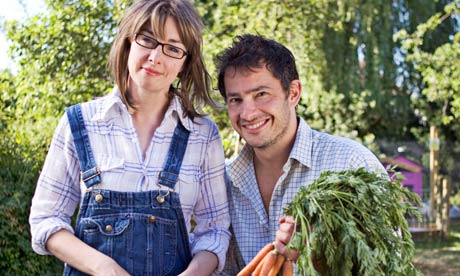Twitter- why it might be useful for A level -
Article below is taken from Pete's Media Blog - http://petesmediablog.blogspot.co.uk/2010/11/twitter-why-it-might-be-useful-for.html
Are you on twitter? Do you tweet? Last week, I saw a list of the ten most influential brands in the UK and the US and Twitter was up there near the top of both them, along with Google, Facebook and Apple on both and John Lewis on the UK one. But if you ask in the average classroom, 'who uses twitter?' the numbers will be well down on who uses facebook- so how come it's seen to be so important?
It was started in 2006, and in case you don't know, involves being able to send messages of up to 140 characters (a tweet) to all users of the system who follow you. Your messages are not private, but can be seen by anyone signed up to twitter, though they only automatically get messages from people they have elected to 'follow'; all other messages would involve a search. Messages can be grouped together by the use of a hashtag #, so for example if people are at an event and want to send live comments on it to the twitter feed there can be a common hashtag which they all use for their messages so they get to read anything related to it, rather than just messages from people they already follow.
There are currently estimated to be 200 million people signed up to Twitter, though many may just be readers of tweets or people who haven't signed in for a while; nonetheless there are huge numbers of people who do use it daily. One feature that makes it stand out from other forms of blogging and social networking is the number of well known people who use it. Unlike websites for bands or actors, where usually someone is employed to send out messages and keep us informed about the star's life, twitter is frequently used by celebrities themselves to send out their thoughts, which is one of the reasons they frequently get into trouble with it. As it is an instant medium and easily used on a phone, very often people tend to tweet their thoughts without considering the consequences. A number of sports people have got into trouble in this way after tweeting their reaction to being left out of teams, for example. Politicians likewise have a tendency to 'put their foot in it' when left to their own (mobile) devices, without their spin doctors to tell them what to say.
Many people think of tweeting as rather self-indulgent and narcissistic, saying 'who cares what so-and-so had for breakfast', which is of course true, just as it is with endless status updates on facebook, but as with any new medium, with twitter you have to be selective. If people you follow are rather boring to read, you can just as easily 'unfollow' them.
It is estimated 65 million tweets are sent every day, so there will be a lot of variety in terms of what is sent in the messages. It does tend to be more of an older group of people who use it by comparison with facebook and other social networks, with only about 11% of its users being in the 12-17 age range.Women are slightly more likely to use it than men and about 75% of content on it comes from 5% of users. A popular use of twitter is the re-tweet (RT) function, where you can send on an interesting message you have seen to all your followers.
Alan Rusbridger, the editor of The Guardian last week wrote an interesting piece on the importance of Twitter which you can find here. He outlines 15 things that twitter does effectively, which include the effectiveness and swiftness of its distribution, its value as a search, aggregation and marketing tool, its diversity and the ways it is challenging and changing conventional politics. Well worth a read, as is this article from The Guardian about how people tweet during certain TV programmes to form commentating communities. Some programmes, such as 'Giles and Sue live the Good Life' have benefited hugely from the amount of discussion from tweeters during the episodes.

So who is worth following for A level Media?
@julianmcdougall wrote the OCR textbook and he tends to use his tweets to send out useful links for the A2 exam in particular

@henryjenkins is the American academic who wrote 'Convergence Culture' and has done a lot of research on fans

@ainnucci Armando Iannucci the creator of 'The Thick of It' and Alan Partridge, amongst much more, is always amusing and interesting

@petesmediablog is me- I don't say much but you might find other people I follow quite interesting!

Get yourself on there, add a few people then have a hunt around for comedians, actors, film-makers, politicians, journalists you find interesting. It could open you up to a whole load of interesting stuff!
No comments:
Post a Comment